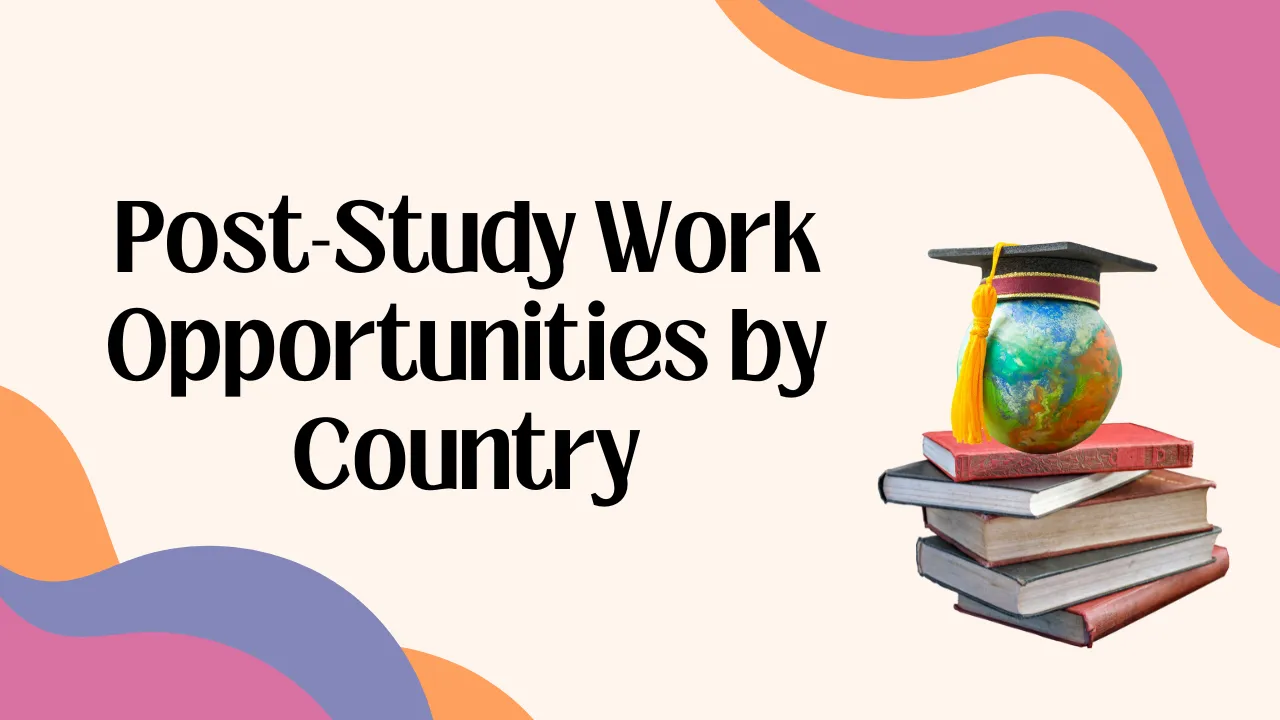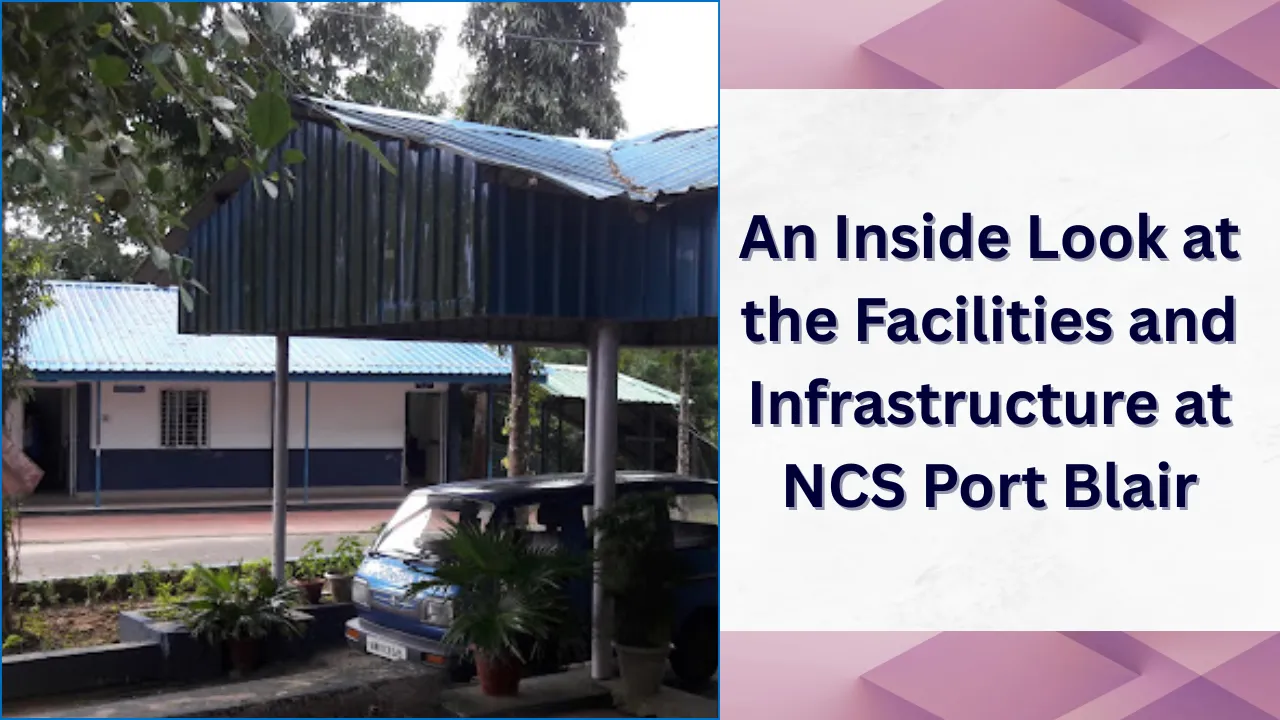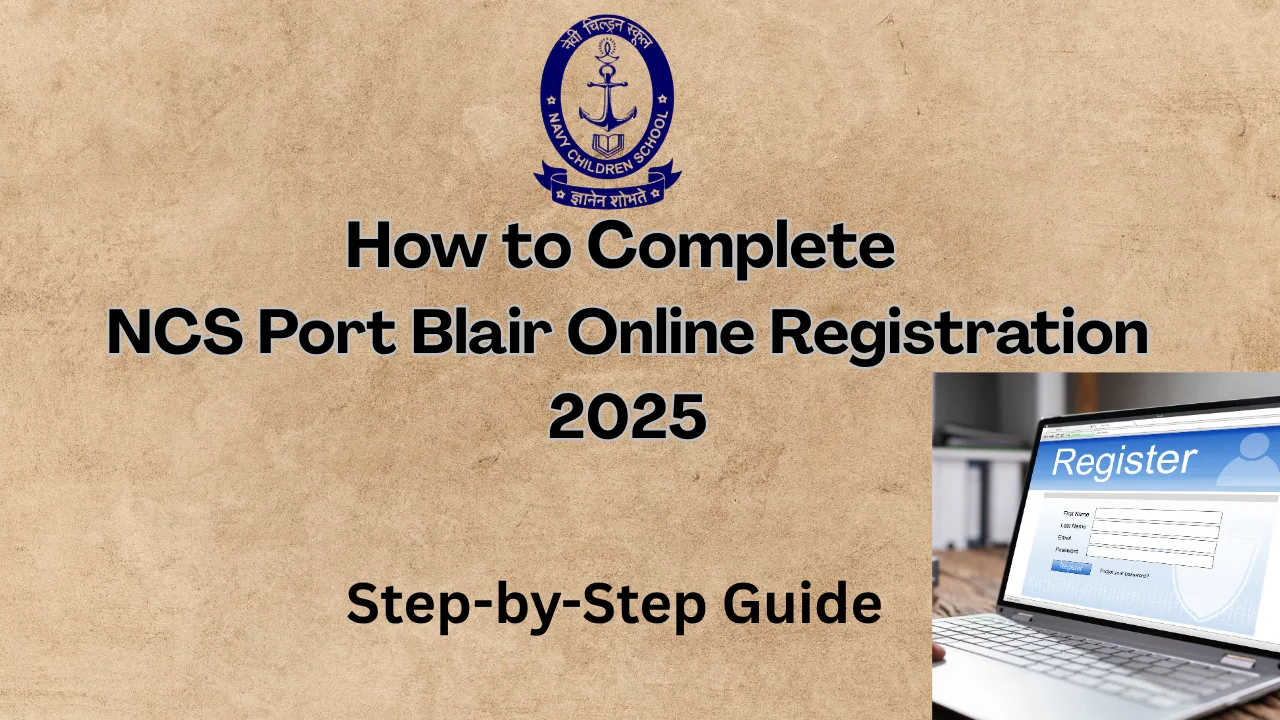Post-study work opportunities by country: Post-study work opportunities by country have become a crucial factor for international students when choosing where to study. Beyond getting a degree, students today look for countries that offer them a path to work, gain experience, and possibly settle after graduation. This practical benefit often plays a bigger role than just the name or ranking of a university.
This article offers a detailed look at post-study work opportunities by country in 2025. We will compare visa options, duration of stay, work rights, and career pathways in top study destinations like the USA, UK, Canada, Australia, Germany, and more. Whether you’re planning your studies or preparing to graduate, this guide will help you understand your options and make informed decisions.
United States
The United States remains a top choice for international students due to its world-class universities and strong job market. For those seeking post-study work opportunities by country, the US offers the Optional Practical Training (OPT) program. OPT allows students with F-1 visas to work for 12 months after graduation. If you are in a STEM (science, technology, engineering, mathematics) field, you can apply for a 24-month extension, making it a total of 36 months.
However, long-term work and residency require securing a work visa like the H-1B. It’s competitive and has limited availability, but many companies sponsor skilled graduates, especially in tech and engineering sectors.
United Kingdom
The UK has become more attractive with its updated Graduate Route visa. International students who complete a degree can now stay and work for up to 2 years (3 years for PhD holders). You do not need a job offer to apply, giving graduates the freedom to explore various industries.
This generous policy boosts the UK’s position in the list of countries with favorable post-study work opportunities by country. If you find a skilled job, you can later switch to a Skilled Worker visa, which can lead to permanent residency.
Canada
Canada is known for its welcoming immigration system and clear pathways from student to worker to resident. The Post-Graduation Work Permit (PGWP) allows international students to work for up to 3 years after completing a degree from an eligible institution.
What makes Canada standout in post-study work opportunities by country is the direct connection between the PGWP and Permanent Residency (PR) through the Express Entry system. Gaining Canadian work experience boosts your Comprehensive Ranking System (CRS) score, increasing your chances of PR.
Australia
Australia is another top study destination with strong post-study work opportunities by country. International graduates can apply for a Temporary Graduate visa (subclass 485), which allows them to stay and work for 2 to 4 years depending on their qualification level and location.
Graduates from regional universities can get longer stays and even extra points for permanent residency under the Skilled Migration program. The government updates occupation lists regularly, so staying in demand sectors increases job prospects.
Germany
Germany offers a highly attractive option for students, especially in technical and engineering fields. After graduation, non-EU students can apply for an 18-month residence permit to find a job related to their degree.
During this period, students can work in any job to support themselves. Once employed in a job that matches their qualification, they can apply for an EU Blue Card or a residence permit for work. Germany’s low tuition fees and strong industry connections make it a smart choice in terms of post-study work opportunities by country.
Ireland
Ireland offers international students a stay-back option called the Third Level Graduate Scheme. Bachelor’s degree holders can stay for 12 months, while master’s and PhD graduates can stay up to 24 months to find employment.
The tech and pharmaceutical sectors in Ireland are booming, and many global companies have offices there. Once employed in a suitable role, graduates can apply for a General or Critical Skills Employment Permit, leading to long-term residency.
New Zealand
New Zealand provides international students with a post-study work visa valid for 1 to 3 years depending on their qualification level and location. This makes it one of the more flexible countries in the list of post-study work opportunities by country.
If students find a relevant job, they can apply for further work visas or residency under the Skilled Migrant Category. The country values international talent and offers clear pathways for those who want to build a career and life there.
Key Points to Remember
Top Post-Study Work Options by Country:
- USA: OPT (12–36 months) + H-1B pathway
- UK: Graduate Route (2–3 years)
- Canada: PGWP (up to 3 years) + PR options
- Australia: Temporary Graduate Visa (2–4 years)
- Germany: 18-month job-seeking visa
- Ireland: Stay-back visa (1–2 years)
- New Zealand: Post-study work visa (1–3 years)
Tips to Maximize Work Opportunities:
- Choose programs aligned with in-demand sectors.
- Network early with companies during your studies.
- Use career services and job fairs at your university.
- Learn the local language if you’re studying in non-English countries like Germany or France.
FAQs
Which country gives the longest post-study work visa?
Canada offers up to 3 years, and Australia offers up to 4 years depending on degree and region.
Can I stay in the UK after my studies without a job offer?
Yes, the Graduate Route allows up to 2 years of stay without needing a job offer.
Is it easy to get PR after studying in Canada?
Yes, Canada’s system favors international graduates, especially those with Canadian work experience.
Do I need a job to apply for the OPT in the USA?
You don’t need a job offer to apply, but you must find one within 90 days after your OPT starts.
Can I work full-time during the job search period in Germany?
Yes, Germany allows full-time work during the 18-month job search period after graduation.
Final Thought
Understanding post-study work opportunities by country can make a big difference in your international education journey. Each country has its own rules, benefits, and challenges, so plan wisely based on your career goals. Look beyond just getting a degree—think about where you can work, grow, and possibly settle long term.
If you found this article helpful, drop a comment below or share it with your friends. You can also check your career horoscope to find the best country that aligns with your professional future!












